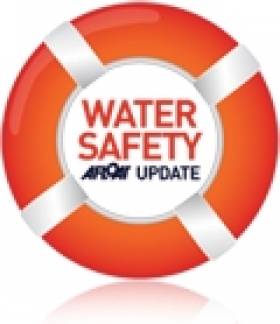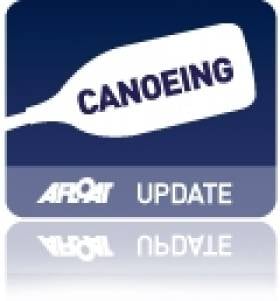Displaying items by tag: reservoir
Drowning Tragedy In South Dublin Reservoir
#Drowning - Emergency services have recovered a body at a reservoir in Bohernabreena after a 16-year-old boy went missing while swimming with friends yesterday (Tuesday 15 April), according to TheJournal.ie.
The teenager - named by the Irish Mirror as Shane Boggans - was reportedly snagged in pipe fittings below the surface of the reservoir, where swimming is prohibited.
The Irish Mirror has more on the story HERE.
Teenager Drowns in Derry Reservoir Tragedy
#WATER SAFETY - Summer swimmers have been urged not to underestimate the coldness of the water after a teenager drowned in a Co Derry reservoir in the early hours of this morning.
BBC News reports that emergency crews were called to the scene at Creggan reservoir where a group of youths had been swimming.
The body of a 19-year-old man was recovered from the reservoir around 6.30am this morning. It's reported that his family were present at the scene.
The NI Fire Service also confirmed that they had to rescue another young man to had entered the water to try to rescue his friend.
Paddy Wilson from Foyle Search and Rescue said he believed the young people had been having a party at the reservoir, and the victim had tried to swim to a floating platform when tragedy struck.
The incident was similar to the death of 17-year-old Sean McNair from Donegal, who drowned after going into the water at Rathmullan Pier in July last year.
Liffey Descent Postponed Due To Lack of Water
The annual Liffey Descent canoe race has been pushed back by a month - due to a lack of water.
The Irish Canoe Union (ICU) announced that due to significantly low water levels in the ESB reservoirs that provide the flood for the race, the event has been postponed till 8 October.
Organisers said they were left with the "difficult decision" to either postpone the event or run the things as scheduled on 10 September without the flood.
“It is considered that the running of the race in the absence of the excitement generated by a flood would detract from its value as the premier Irish canoeing event," said a statement from the ICU.
The Liffey Swim has been an institution since 1960, atracting canoeists from around the world every September for the run from Kildare to Islandbridge.
The Irish Times has more on the story HERE.































































